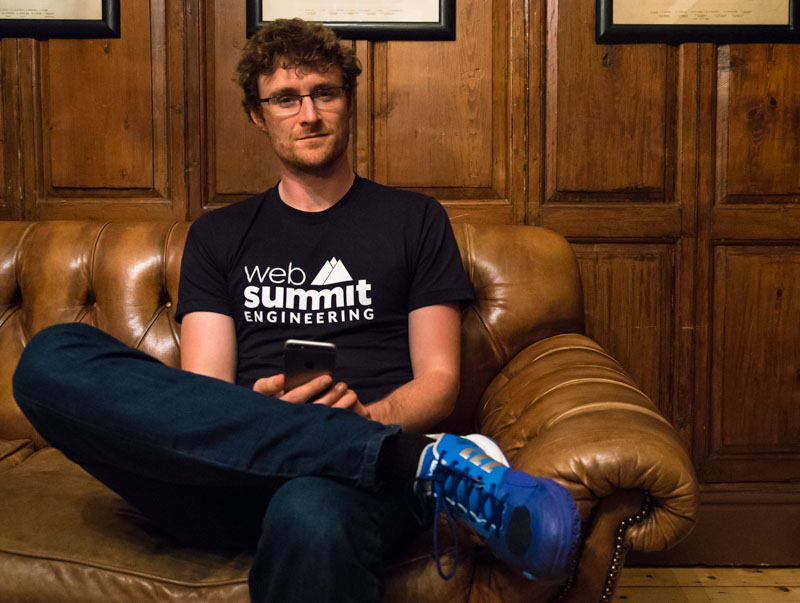Entrepreneur Paddy Cosgrave has pledged to donate €100,000 in bursaries to student journalists over the next decade.
Cosgrave, a Trinity graduate and the founder of Web Summit, wrote on Twitter that he will “commit to €100,000 of bursaries” to student journalists over the coming 10 years.
In a statement to The University Times this afternoon, Cosgrave said that “a healthy media, or 4th estate, is a prerequisite of a healthy society”, adding: “In any democratic society holding those with power or in power to account, be it public or private power, is perhaps the most critical function of all.”
“Hopefully”, he added, “we can figure out something very modest to help support the emerging generation of journalists that play this all too critical, and often overlooked, role”.
“No doubt in the first year there will be kinks to iron out, but hopefully in time it might in some very small way help student journalists.”
Cosgrave said he will spend the next two months working out the details of the scheme.
On Twitter, Cosgrave had previously received backlash from several journalists after criticising parts of the Irish media. “Much of the Irish media”, he wrote in a tweet, “operates as a sort of propaganda arm for elite interests”.
Each year, in partnership with the Trinity Access Programme, The University Times runs a work experience programme that sees dozens of transition-year students from schools around Dublin spend a week in Trinity learning about journalism.
Cosgrave, in his time in Trinity, served as editor of satirical publication the Piranha as well as president of the University Philosophical Society (the Phil). He also edited the Social and Political Review, an undergraduate academic journal in what’s today known as the School of Social Sciences and Philosophy.
In 2018, in an interview with The University Times as part of this newspaper’s Dear Fresher Me series, Cosgrave said his involvement in societies during his time in Trinity helped him learn “skills that I might never have and that at different stages have helped massively”.
He also said he “started Trinity with a better idea of what I wanted to do than when I left. But I think that’s a good thing. School often narrows your horizons. College most often does the opposite”.







